#lichenology
Explore tagged Tumblr posts
Text
My favorite part of teaching lichen ID class always comes when we are taking walks and I get to point at patches on rocks and trees and be like "hey, see that? Lichen." And then the students are like "what? no way. You mean those black spots on rocks/white spots on trees/etc. have always been lichen?" And I get to be like "yep," and watch their brain explode as they realize that everything around them has been covered in lichen the whole time.

#lichen#lichens#lichenology#lichenologist#mycology#ecology#biology#fungi#fungus#nature#the natural world#well ok the terrestrial ecosystems at least#the ocean's got its own shit going on
7K notes
·
View notes
Text
I found a stick-o-lichen XDD (more close ups below the cut, click for a better picture etc etc)






#I could barely contain my glee#I have been showing these pictures to literally everyone today#lichen#biology#moss#lichenology#I took it home but i feel very conflicted about that bc it *should* be left in the forest it came from to maintain the nutrient cycle etc#i think i will take it back next time i visit the forest
134 notes
·
View notes
Text

Cladonia sp. / Begerlav sp.
#lichen#lichenology#biology#science#nature photography#photography#nature#naturecore#forest#forestcore#forest aesthetic#dirtcore#goblincore#gremlincore#autumn#fall aesthetic#mine
143 notes
·
View notes
Text
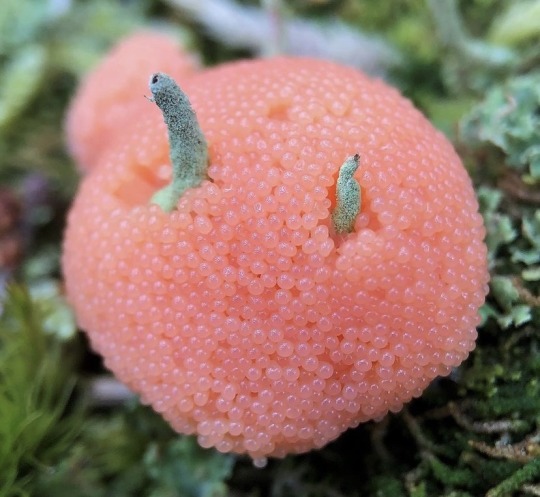
Tubifera ferruginosa fruiting around a Cladonia sp. lichen by John MacKay
#tubifera ferruginosa#tubifera#myxomycota#slime mold#slime mould#lichen#cladonia#lichenology#mycology#myxomycology#nature photography#forest floor#forest photography#macro photography#clusters#trypophobia
717 notes
·
View notes
Text

Today's mood:
Fuck all your binaries! Lichen doesn't care.
Be more lichen.
37 notes
·
View notes
Text
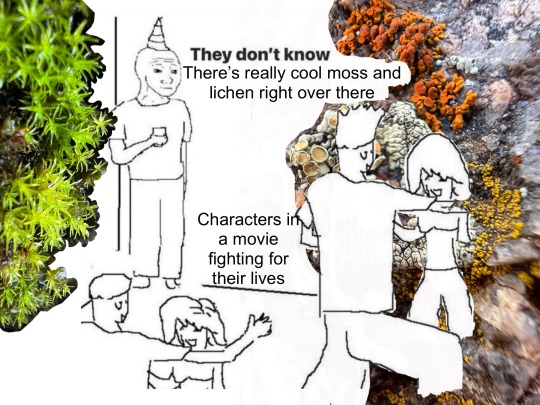
I made my family pause Jurassic park bc there were cool lichens
#moss#mosscore#botany#bryology#lichenology#bryophyta#bryophytes#lichen#lichen memes#botany meme#botany shitposts#biology meme#botany memes#moss memes
989 notes
·
View notes
Text

Devil's Matchstick
#artists on tumblr#original photographers#original photography#hiking#pacific northwest#nature#washington#pnw#nikon#orofeaiel#lichens#lichenology#devil's matchstick#macro photography#naturecore#goblincore#olympic national park#green
92 notes
·
View notes
Text







Bushy beard lichen 》 Usnea strigosa
Some lovely beard lichens I found at our campsite.
Caddo Lake State Park, Texas, 3 Aug. 2024
#amatuer mycology#mushrooms#mushroom hunting#mycology#fungi#mushrooms of texas#texas mushrooms#fungi of texas#wild fungi#fungarium#foraging texas#lichen#lichens#lichens of texas#beard lichen#bushy beard lichen#usnea#Usnea strigosa#special interest#species identification#lichen identification#lichenology#caddo lake state park#canon rebel#goblincore#naturecore#crowcore#nature photography
78 notes
·
View notes
Text
i haven’t posted to this blog in a while - i really would like to more often but i’ve been so busy with exams. anyway, i’ve got some more lichen microscope pictures:






the last 3 aren’t lichens but i got bored and decided to look at the bark on the twig of my lichen sample. turned out cool!
11 notes
·
View notes
Text


Cool lichens from my walk (all lichens are cool)
11 notes
·
View notes
Text
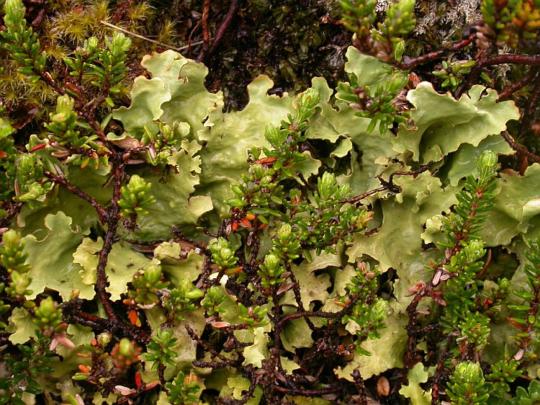
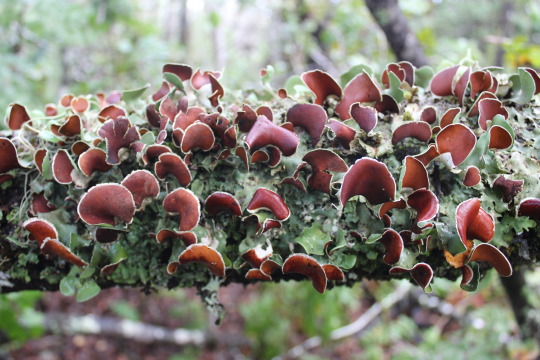
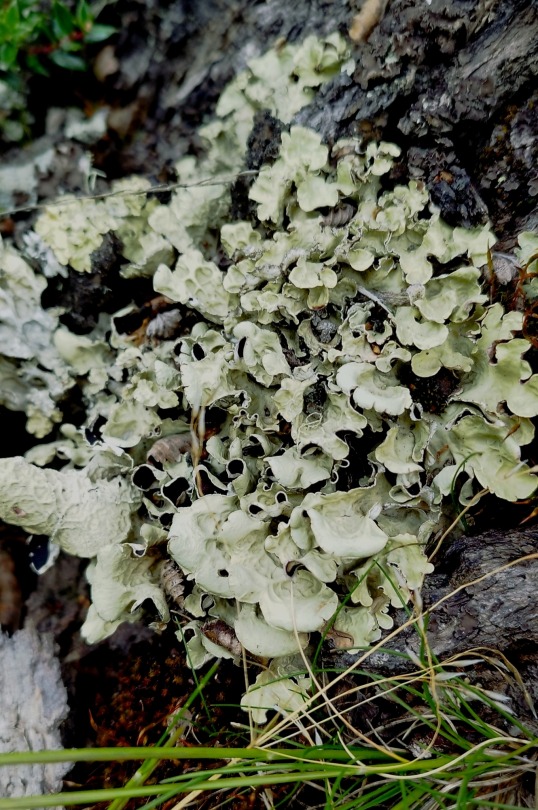
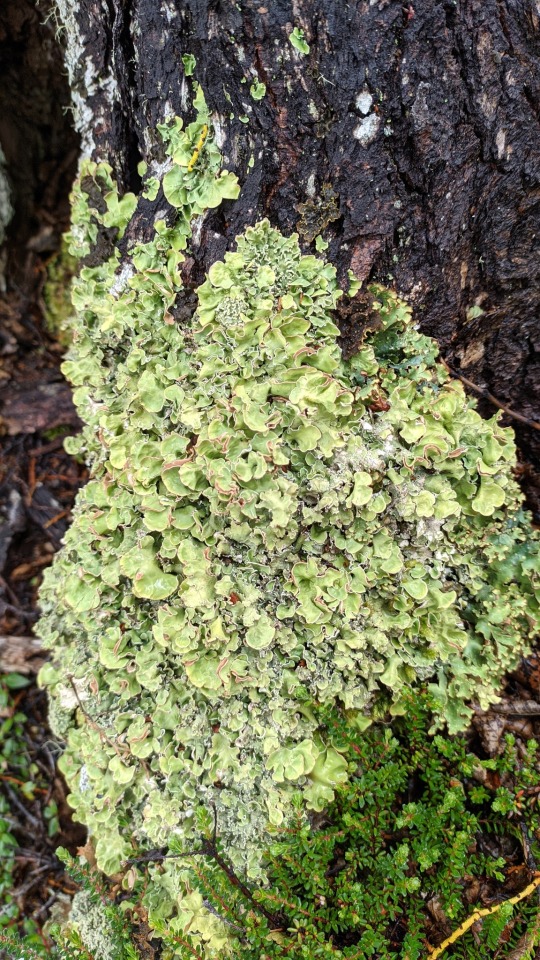
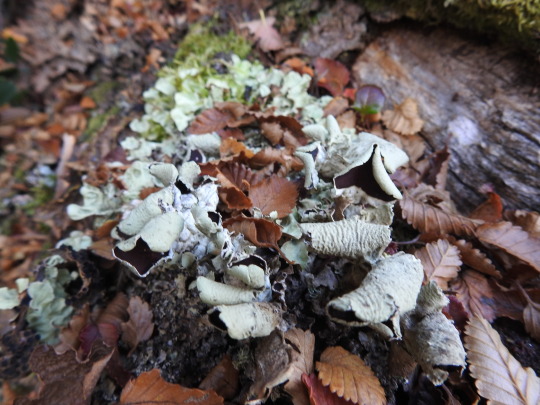
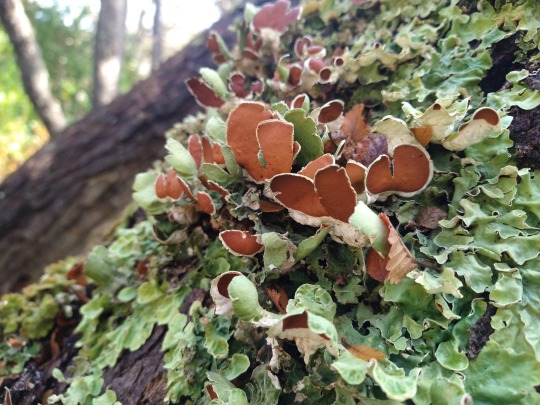
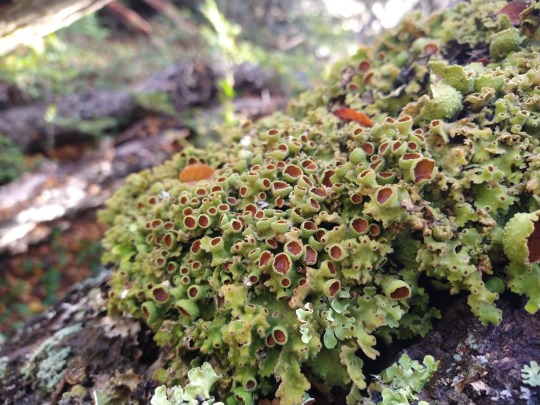
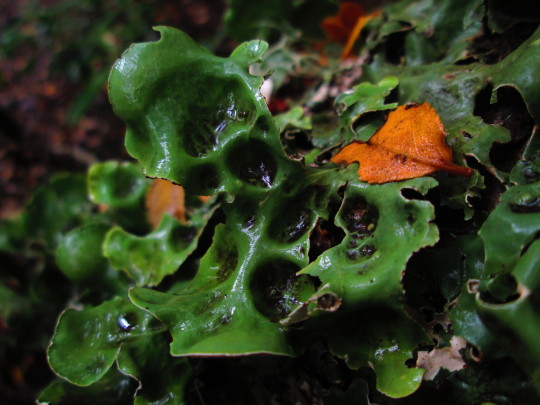
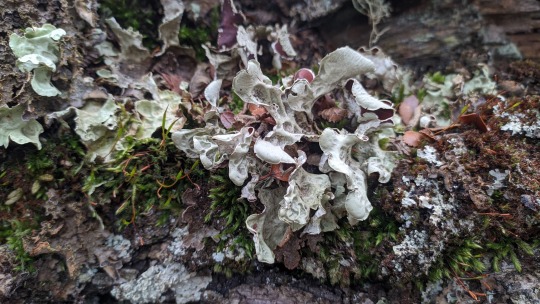
Nephroma antarcticum
images: source | source
#lichen#lichens#lichenology#lichenologist#mycology#ecology#biology#fungi#fungus#symbiosis#symbiotic organisms#algae#I'm lichen it#lichen a day#daily lichen post#lichen subscribe#trypo#trypophobia#Nephroma antarcticum#Nephroma#foliose lichen#life science#environmental science#natural science#the natural world#beautiful nature#weird nature
1K notes
·
View notes
Text
Some lichen I found today! Ive never found/noticed lichen with such an interesting structure before but I LOVE IT! Click on photos for the full image, and sorry for the slight blurriness





#I am obsessed with the tiny ball of moss#i think it looks adorable#lichen#my lichen#lichenology#biology#tw tripophobia
59 notes
·
View notes
Text

Reindeer Lichen (Cladonia rangiferina)
Family: Cladonia Lichen Family (Cladoniaceae)
IUCN Conservation Status: Unassessed
Like all lichens each “individual�� reindeer lichen is actually a colonial organism formed from members of at least two separate species; the main body of the lichen, the mycobiont, is a tough branching fungus that gives the lichen shape and stability, while the lichen’s greenish-blue colour come from colonies of one or more species of algae or bacteria which live on the mycobiont and produce nutrients through photosynthesis, transferring some of these nutrients to the fungus to sustain the whole colony. Found mainly on the ground in open habitats in and around the arctic circle, Reindeer Lichens are slow-growing but extremely hardy and able to remain active in much colder and darker conditions than many plants with which they coexist. This element of their biology makes them extremely ecologically important; many Arctic herbivores rely heavily or even exclusively on members of this species for food during the winter when many plants are dormant, and certain birds and small mammals may also use their branches to build or line their nests.
-----------------------------------------------------------------
Image Source: Here
#Reindeer lichen#reindeer lichen#lichen#lichens#biology#mycology#lichenology#wildlife#arctic wildlife#fungus#fungi
15 notes
·
View notes
Text

I am in a drifting phase for sure. Trying a lot of things as usual, but still not to a degree that I am satisfied with. Only way is to keep doing.
This one is about awakening from sleep or from scrolling on my phone (these are similar but non the same). I find that the stillness I feel when waking up is heavy lately. I think some of the new things I am trying will help with this, this is to be seen.
Any of yall even feel like the more aware you become of your own reality, the more your point of view is coming from somewhere else? I've felt out of body before but this is different.
11 notes
·
View notes
Text

Fencepost lichen garden 💚
33 notes
·
View notes
Text

tfw every specimen you thought was Caloplaca saxicola is just Rusavskia elegans.
(hi I'm alive and I did get into grad school which is why I've been neglecting this blog and will probably continue to do so. but please enjoy this image it took forever to make lmao)
#lichen#lichens#lichenology#old memes#science#biology#just lichenology things#Rusavskia elegans#Caloplaca saxicola
15 notes
·
View notes